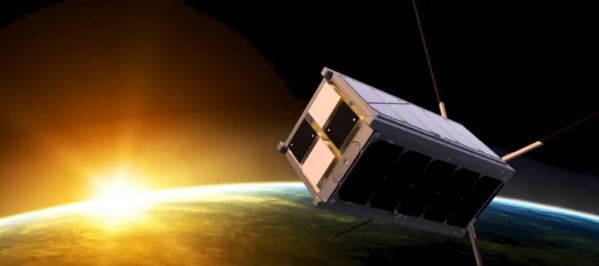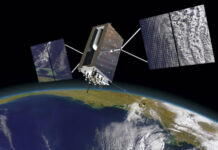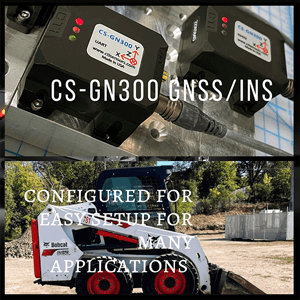Taoglas has played a pivotal role in the launch of Ireland’s first satellite, Educational Irish Research Satellite 1 (EIRSAT-1). Developed at University College Dublin (UCD), with the support of the European Space Agency‘s Education Program, EIRSAT-1 launched this month aboard a SpaceX Falcon 9 rocket.
As part of the project, Taoglas’ GPS/Galileo patch antenna was used to locate EIRSAT-1’s scientific measurements are recorded in orbit, the company said. In addition, Taoglas provided cable assemblies that can endure harsh space environments.

“We jumped at the chance to contribute our technology to the students and researchers in UCD behind this project, and as a UCD alum myself, I am delighted to see the end result,” said Dermot O’Shea, Taoglas CEO, in a statement. “Aerospace is a vast frontier for GNSS antenna applications. The launch of EIRSAT-1 signifies a remarkable achievement for Ireland and highlights the nation’s capabilities in space research and technology.”
EIRSAT-1 will carry three payloads into low-Earth-orbit around the Earth, including a gamma-ray detector, a space materials characterization experiment, and a spacecraft control testbed.
Taoglas’ antenna technology balances functionality, durability, and reliability into quality solutions precision-engineered to endure the harshest environments. Its GPS antenna meets the stringent requirements of space exploration and optimizes space on board, a critical consideration for a satellite the size of EIRSAT-1.
In other space news:
- Airbus has announced that full production has begun on the six Galileo Second Generation (G2) satellites at its facilities in Friedrichshafen, Germany. The production, which began after the arrival of the first satellite Flight Model structure from Beyond Gravity in Zurich, will see initial panels dispatched
to other company sites before final integration and testing, the company said.
- PlanetiQ has launched its fourth generation Radio Occultation (RO) measurement satellite, GNOMES-4, aboard a SpaceX Falcon 9 rocket from Vandenberg Space Force Base in California. GNOMES-4 is equipped with the Pyxis weather sensor to offer GNSS-RO data for weather forecasting and atmospheric research.
- Spire Global $SPIR was awarded a space services contract by Lacuna Space to build and launch six satellites carrying Lacuna’s IoT payload and antenna. The company said it could have the opportunity to scale the constellation to dozens of satellites.



























